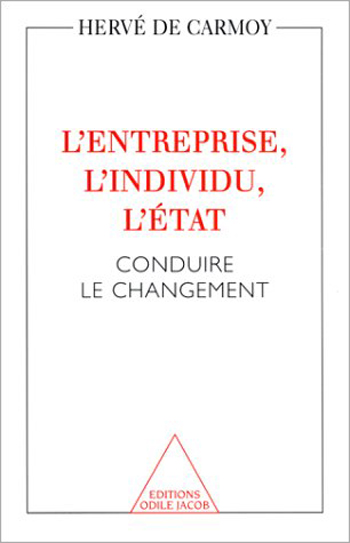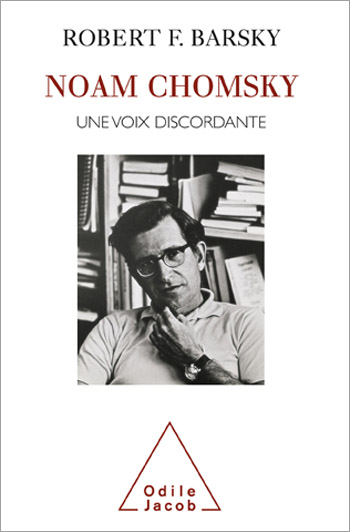Documents All books

Hervé de Carmoy
Entreprise, Individual and State Leading to Change
The author believes that France is suffering from numerous ills, including inertia, demagogy, unemployment, corruption, corporotism, elitism, and a general withdrawal from the outside world. He also thinks that much more than clear-headedness and a desire for change are required if a cure is to be found. What is the best way of making the necessary changes? How have others gone about implementing those changes? He believes the business world provides an excellent model for learning how to deal with an ever-changing environment. Hervé de Carmoy was formerly general director of the Midland Bank in London.

Émile Biasini
Africa and Us
Economist Charles Gide once described colonization as "a force of nature." Biasini believes that to imagine that our current phase of decolonization actually is an end to colonialism is just another manifestation of our society's megalomania. Africa today is going through a phase of change. It must stay faithful to its roots, digesting all the various cultures which have influenced it, while facing a new colonial menace. Its own elites, once fled abroad, have returned to Africa and are quickly becoming the colonists of their own countries. And such colonial ambitions, history teaches us, must inevitably lead to imperialism. Emile Biasini was a civil servant in colonial Africa. Under De Gaulle, he helped found the Ministry of Culture.

Maurice Rheims
crise mine
A well-known writer, art collector, academic, and sometime auctioneer reflects on life in our times and on the art of living well. In an age when it has become fashionable to lament a kind of society-wide depression, Rheims examines other periods of crisis and general malaise throughout history, and ends with a resounding affirmation of the power that curiosity, beauty, and art will continue to hold. Maurice Rheims is president of the Fondation de France's cultural development fund, and a member of the Académie française. He is the author of many essays, novels, and books on art.

Collectif
The Judicial System as a Public Service
Should the judicial system be reformed ? This question is at the centre of lively debates. It is to institutions such as the chancellery, courts of law and magistrates, that it falls to forge the judicial system, the deliverer of order, equilibrium and social cohesion. However, these institutions seem today to be weak, both in terms of organisation, and in methods of recruitment. It is thus necessary that changes are made. This is especially so as the duty of the judicial system is to operate in such a way that all individuals remain citizens, by delivering them judgements in a reasonable timescale which are certain to be respected. In this respect, it is a public service. The objective of this book is to assess the forms and the effects of a decisive reform in order to benefit our society.

Rita Levi Montalcini
Against All the Odds
What do Primo Levi, the author of one of the most powerful accounts of life in a Nazi death camp, and Max Delbrück, one of the founding fathers of molecular biology, have in common? The answer is that they--as well as the others described in this book--were able to face the trials and tribulations of their lives with exceptional courage, and without losing their sense of humanity. Through a series of portraits, drawn with great warmth and restraint, Rita Levi Montalcini recounts the course of several exemplary lives. Rita Levi Montalcini taught neurobiology at Washington University for thirty years.

Jacques Delors
France and Germany - the Leap Forward
"During the past fifty years, the Franco-German ship has been shaken by numerous storms--although they never seriously halted her forward movement. In our opinion, strengthening the friendship between our two countries and working towards European political union will not lead to the loss of our French and German identities, nor will it dampen their vitality, for there can be no great design unless our national communities are fully alive and strengthened by a sense of social and citizens' cohesion." Jacques Delors

Rita Levi Montalcini
Praise of Imperfection New Edition
Rita Levi Montalcini's life has been entirely dedicated to scientific research. She grew up in a tightly knit Jewish family and studied medicine in Turin. Forced into inactivity by the racist laws of Fascist Italy, she set up a makeshift laboratory in her bedroom and began studying the development of the nervous system. Her research, which she completed in the United States after the war, led to the discovery of the nerve growth factor whose role is to stimulate the growth of nerve fibres. Her autobiography, written with warmth and simplicity, traces the progress of her life, including being awarded the Nobel Prize for Medicine.








